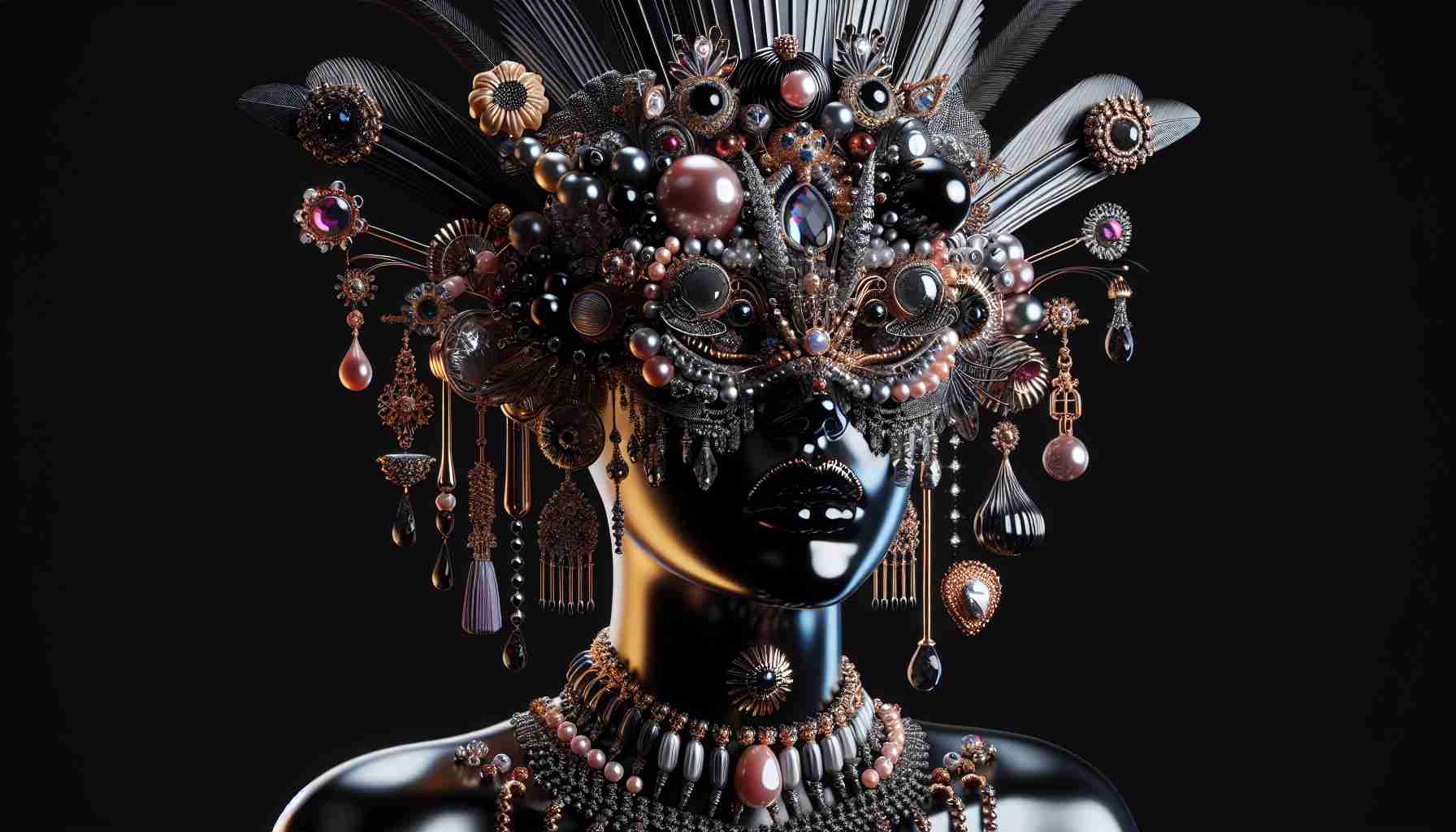When Advanced AI Meets Traditional Beauty Standards
A groundbreaking pageant dubbed Miss AI is stirring conversations by positioning AI-generated female models to be judged on their aesthetics and the technological prowess it took to create them. This event sparked controversy due to its objectification of women through technology, making it a modern reflection of the ancient Pygmalion myth.
The myth tells a tale of Pygmalion, a king who disdained real women, finding fault in their imperfections, and thus sculpted his ideal woman, Galatea, from ivory. Ultimately wishing for his statue to come to life, this fable echoes in the Miss AI pageant, where the digital creation of women echoes this yearning to craft perfection.
The organizers of this event, the World AI Creator Awards, aspire to celebrate leading AI developments with this pageant. Yet, the underlying themes raise concern. While some may consider beauty contests to be superficial, this competition requires a deeper understanding, notably regarding the implications on gender dynamics and the development of artificial intelligence.
Experts in the AI field, such as Joy Buolamwini and Virginia Eubanks, have highlighted the gender and societal biases often embedded within AI, typically developed by privileged men, inadvertently reinforcing existing inequalities.
Reflecting on this innovative yet debatable showcase, it is important to discuss the ethical guidelines that should steer advancements in AI. In contrast to the progressive image the awards claim to represent, this pageant instead revives outdated, misogynistic frameworks, representing a significant step back in the societal portrayal of women.
Important Questions and Answers:
What ethical concerns does the Miss AI pageant raise?
The Miss AI pageant raises ethical concerns revolving around the objectification of women, as it uses AI to craft idealized images of female beauty. It can perpetuate harmful beauty standards and gender stereotypes, echoing concerns from real-world beauty contests.
How does AI reinforce gender biases?
AI systems can reinforce gender biases if they are trained on data that reflects societal stereotypes or if the development teams lack diversity. This can result in AI applications that favor certain demographics and discriminate against others, mirroring existing societal inequalities.
Key Challenges and Controversies:
Objectification and Depersonalization:
The artificial models reduce the essence of women to aesthetic attributes, potentially diminishing the value of personal attributes and character.
Reinforcement of Stereotypes:
With AI crafted by predominantly male teams, nuances and complexities of gender representation risk being oversimplified, leading to reinforcement of gender biases and stereotypes.
Transparency and Accountability:
Determining responsibility for biased or discriminatory outcomes can be challenging when AI is involved.
Advantages and Disadvantages:
Advantages:
– Encourages technological innovation by showcasing advances in AI and graphics.
– Brings awareness to the capabilities and potential implications of AI in society.
Disadvantages:
– Could uphold and propagate unrealistic beauty standards.
– Might reinforce societal biases through the technology used in creating these models.
– Risks devaluing human uniqueness and diversity by promoting homogenized beauty standards.
Relevant links to expand understanding on the broad topic of AI and its societal implications (where ethical topics are often discussed) could include organizations and institutions that focus on AI ethics, though no specific URLs are provided here. Always verify URLs before accessing them to ensure their validity. Additionally, further reading can be explored through websites of leading AI researchers such as Joy Buolamwini and Virginia Eubanks.
In sum, while the Miss AI pageant highlights advancements in AI and its application to digital aesthetics, it also brings forth the need for careful consideration of ethical frameworks to guide AI development, ensuring that technology advances do not come at the cost of upholding discriminatory practices or outdated societal norms.

